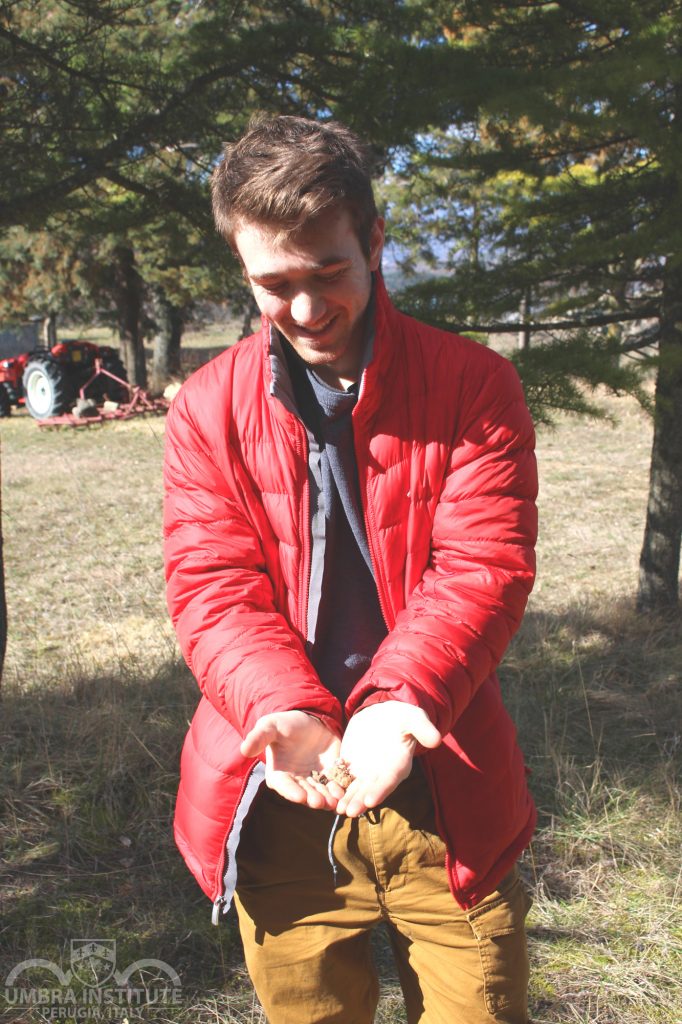 PERUGIA, Italy — “So many people told me that the most important thing I could do at Tufts would be to study abroad. Tufts really focuses on intercultural communication and awareness,” said Alex Cherry from his seat at a café in the center of Perugia, Italy. Alex is pursuing a Dual Major in International Relations and Environmental Studies at Tufts University, though he is currently studying abroad through the Food & Sustainability Studies Program (FSSP) at the Umbra Institute, an American study abroad program in Italy.
PERUGIA, Italy — “So many people told me that the most important thing I could do at Tufts would be to study abroad. Tufts really focuses on intercultural communication and awareness,” said Alex Cherry from his seat at a café in the center of Perugia, Italy. Alex is pursuing a Dual Major in International Relations and Environmental Studies at Tufts University, though he is currently studying abroad through the Food & Sustainability Studies Program (FSSP) at the Umbra Institute, an American study abroad program in Italy.
At Tufts, Alex says that his educational background has had a focus on the science and policy of environmental studies, while at Umbra “the focus has been more on cultural identity and the contrasting ways that different societies produce and consume food.” Umbra’s FSSP is a curricular concentration that applies an interdisciplinary approach to the study of food and sustainability in order to discover how the individual, the community, and society relate to food in Italy, America, and elsewhere. As part of the program, Alex has taken courses in the history and culture of food, sustainability and food production, and the business of wine.
A key characteristic of the FSSP is that all courses include a series of co- and extra-curricular activities as a supplement to topics discussed in class. To develop a deep understanding of various food production processes, Alex has spent his semester cooking an antique Roman recipe in Florence; exploring an ancient pharmacy to learn about the medicinal characteristics of food; touring multiple, family-run, organic wineries and cheese producers; working in a synergistic garden; and visiting local farmers’ markets. He has also had the opportunity to go truffle- hunting in the hills of Umbria and discuss organic agriculture with Matteo Bartolini, a lobbyist for the European Agricultural Commission for Sustainable Agricultural Reform. When asked what he thought of the flurry of community engagement activities that filled his semester, Alex responded, “What’s the point of being a student? Why am I studying? It is so that I can be trained in a professional way so that I can go and do something for the community that I am a part of.”
In addition to his courses within the FSSP, Alex chose to compliment his semester studies with CESP 351: Fair Trade Practices: Seminar and Practicum. During the course’s practicum, Alex works in a local fair trade shop and assists with the advertisement of events that promote fair trade concepts to the locals of Perugia. He commented that the shop’s community is welcoming to volunteers of all backgrounds, including locals with mental or physical disabilities. “The whole ethos of what they do is making sure that everyone is getting what they deserve, to create a community space,” said Alex as he described how the fundamentals of fair trade translate into the shop’s community. During the seminar portion of the course, the class reviews the impact of fair trade on both local and global economies, the place for fair trade inside the global market, and the role of the World Fair Trade Organization. Readings and discussions offer comparative analysis of Italian and American perspectives on global markets and the complexities of communicating such a topic across cultures.
As he ended his conversation with Umbra staff, Alex explained that he feels it is important for students of an interdisciplinary field, such as food and environmental studies, to learn to have a well-rounded perspective that discounts neither science nor culture and history. He concluded saying, “I am really glad that I got to see both the Italian and American perspective [on food systems] at the same time and in the same place.”
About Food & Sustainability Studies at the Umbra Institute:
The Food & Sustainability Studies Program is an interdisciplinary curricular concentration at the Umbra Institute, an American study abroad program located in the central Italian city of Perugia. Often called a “big university town in a small Italian city,” Perugia is the ideal setting to study abroad in Italy, with fine arts, business, and liberal arts courses. For more information about the Umbra Institute or its Food & Sustainability Studies Program, contact the associate director of the Program, Zachary Nowak (znowak@umbra.org). You can also watch a short video describing studying at the Umbra Institute.

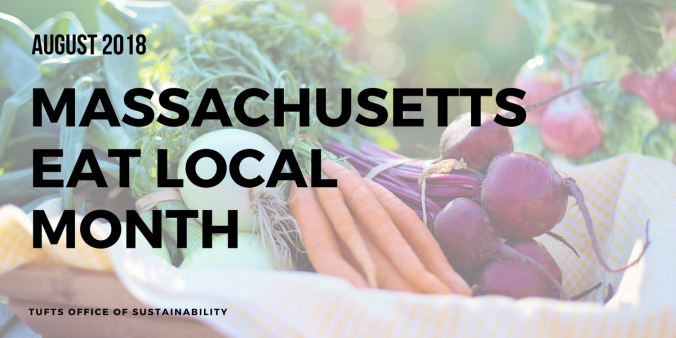
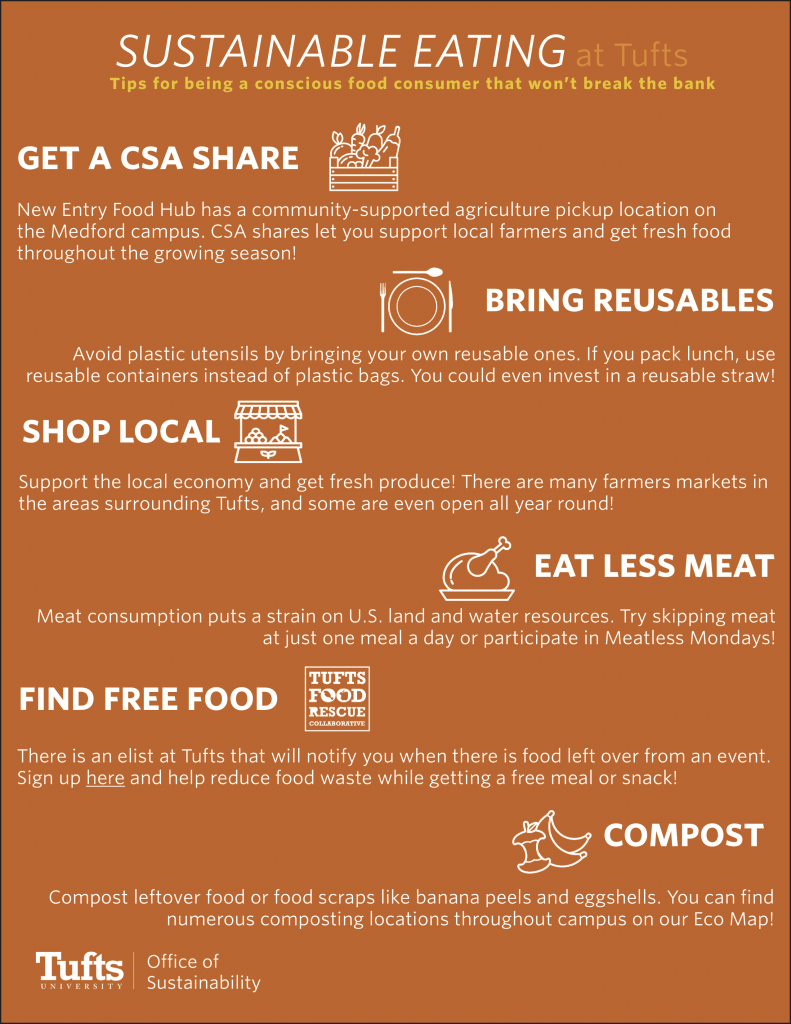
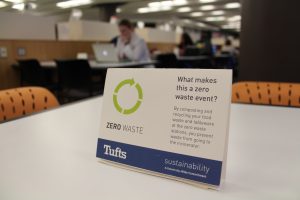
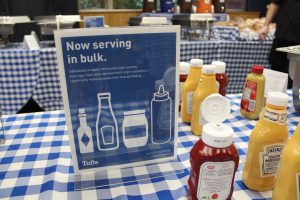
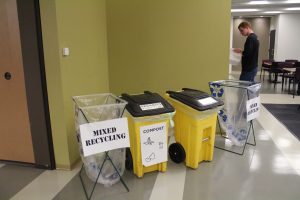
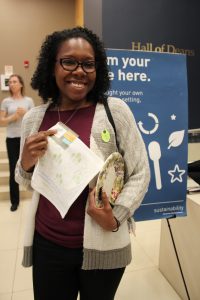

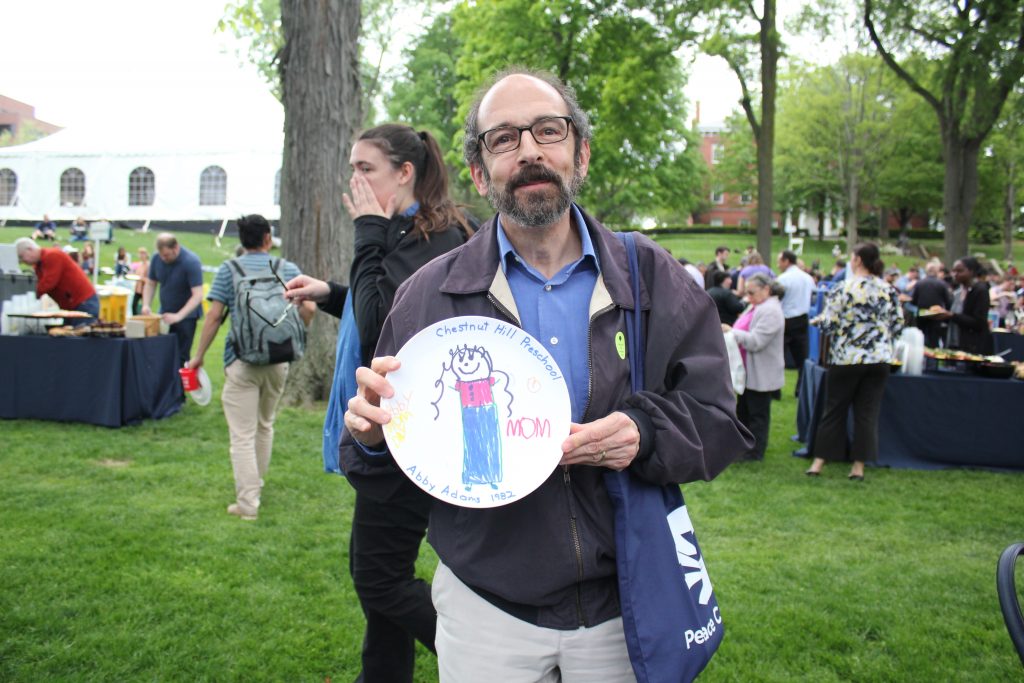
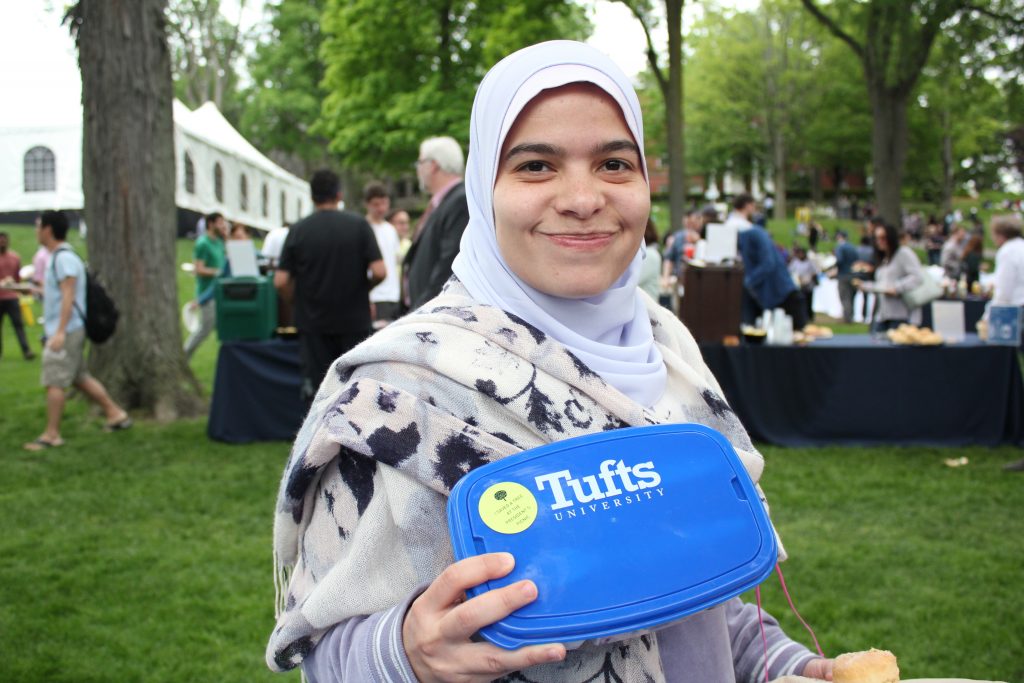
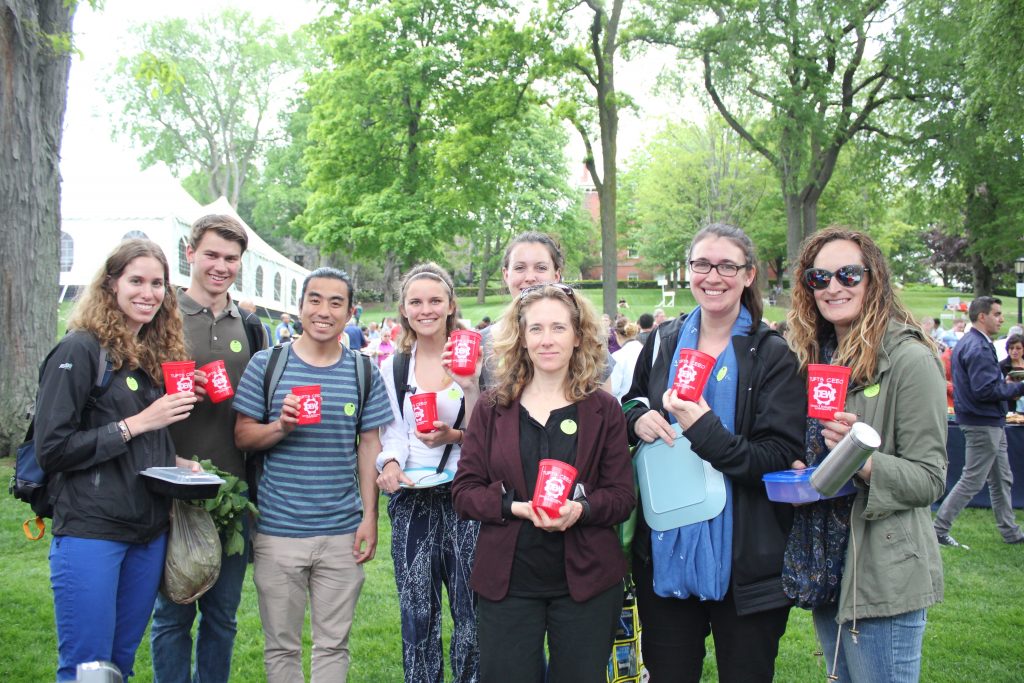
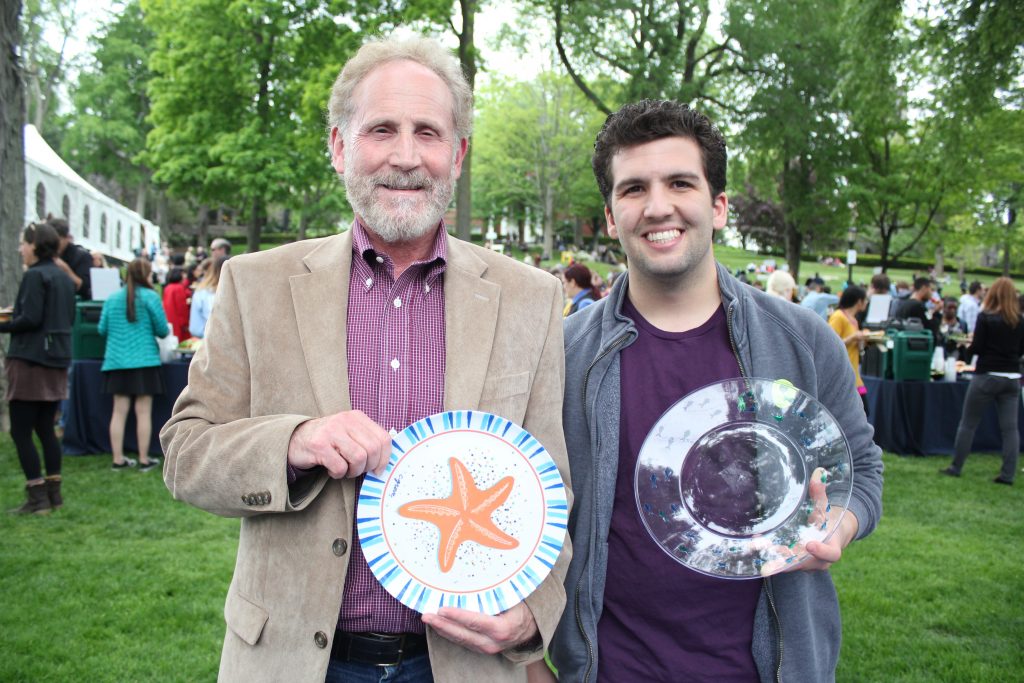
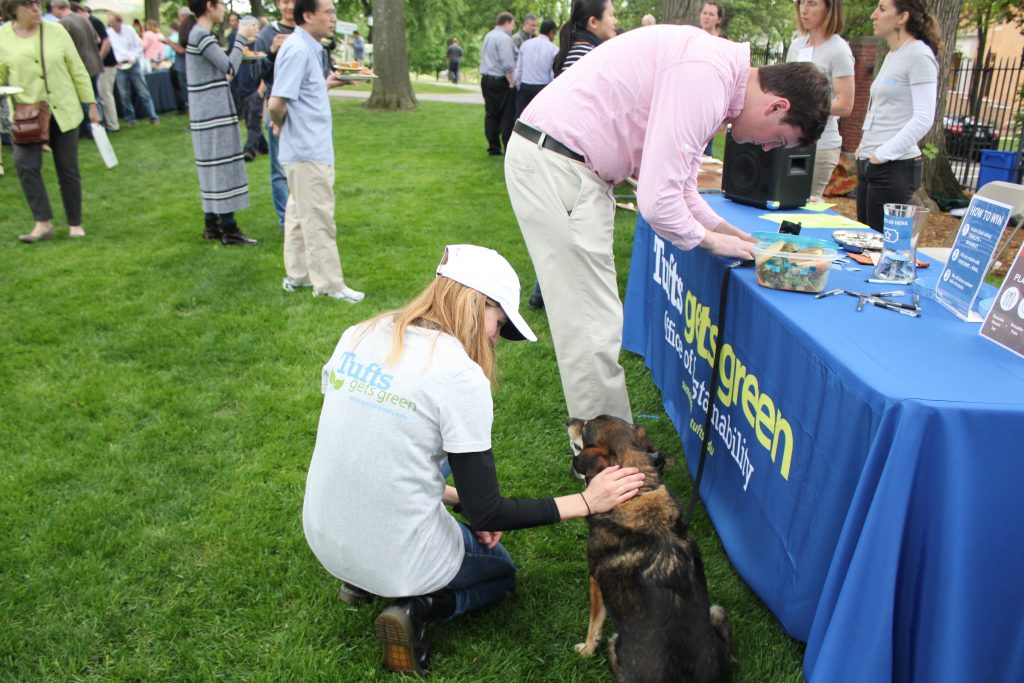
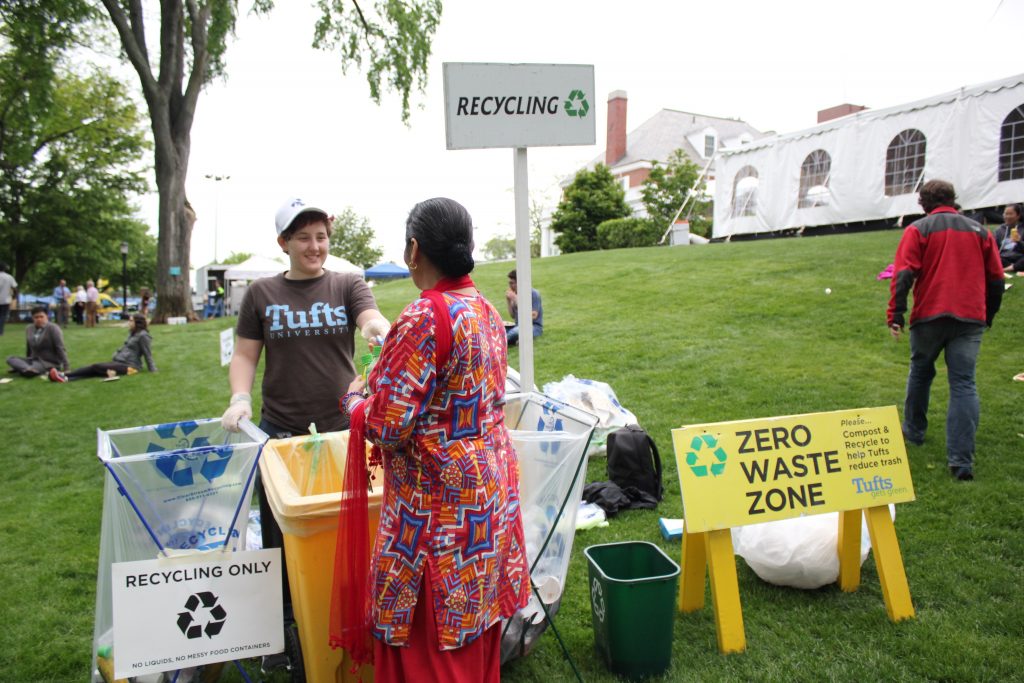
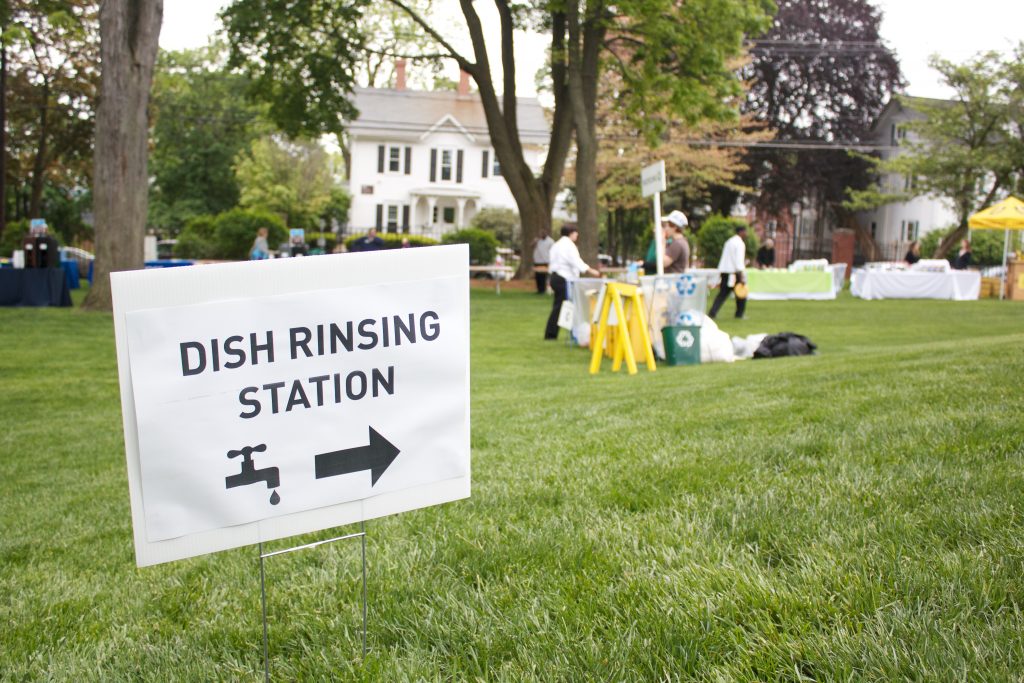
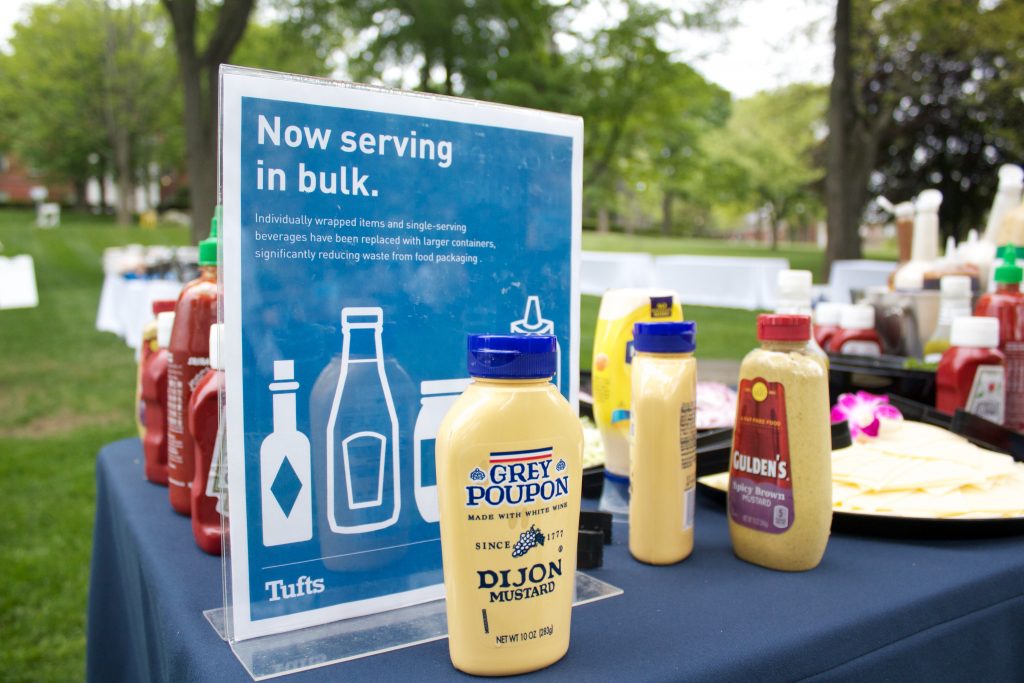
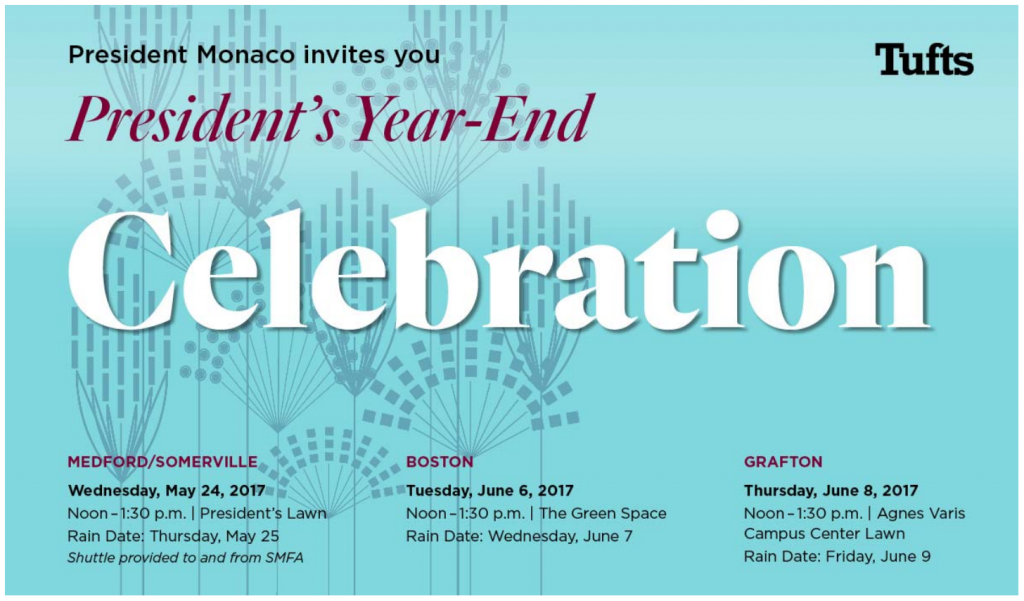
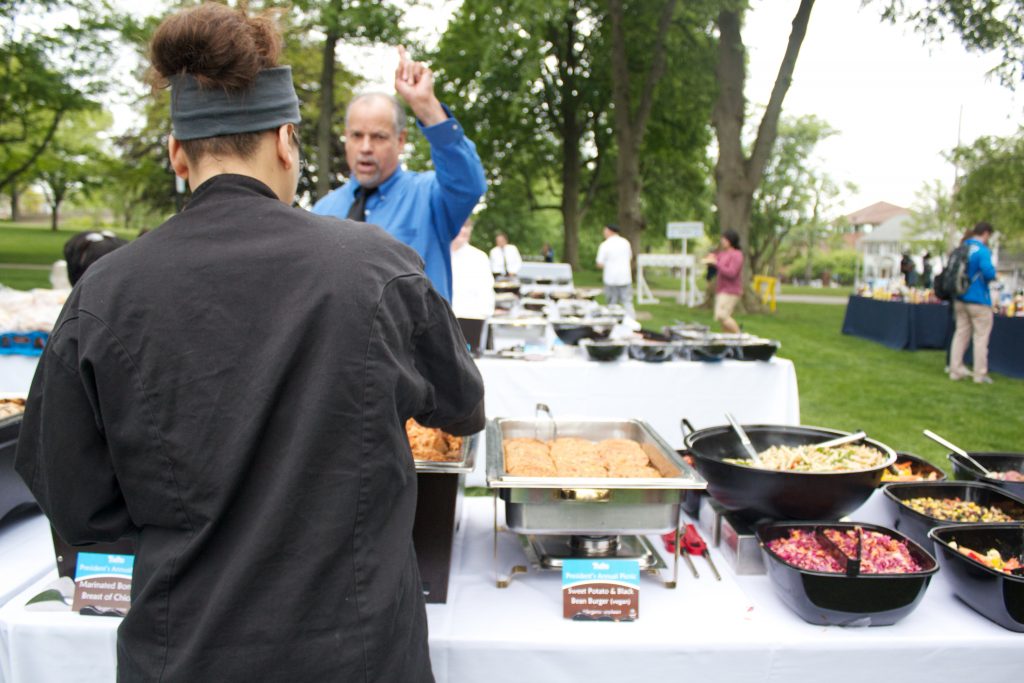
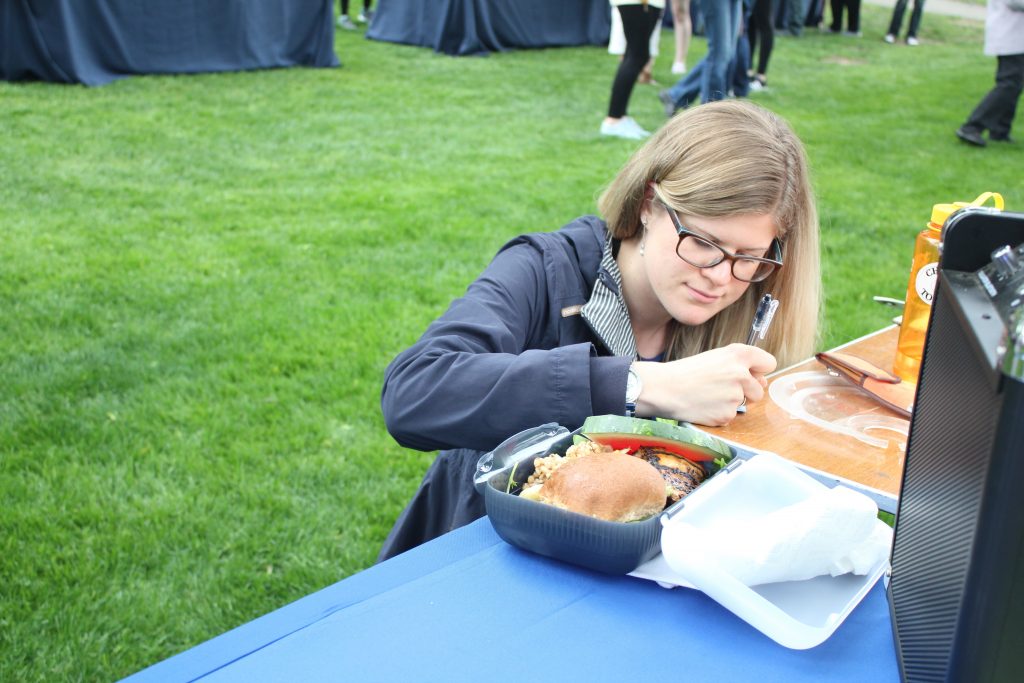
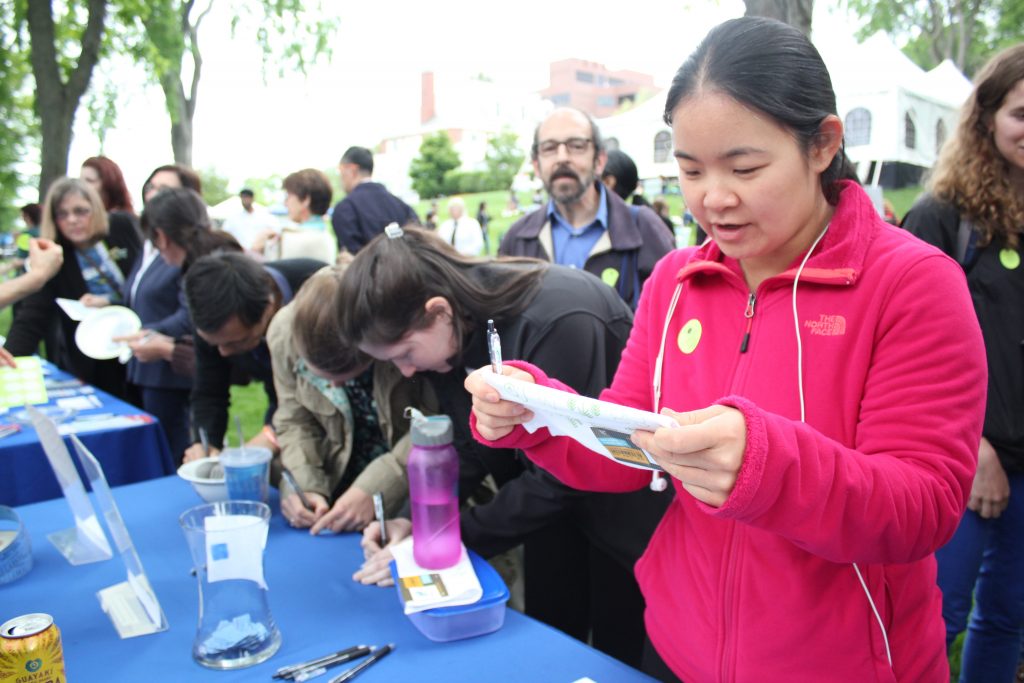
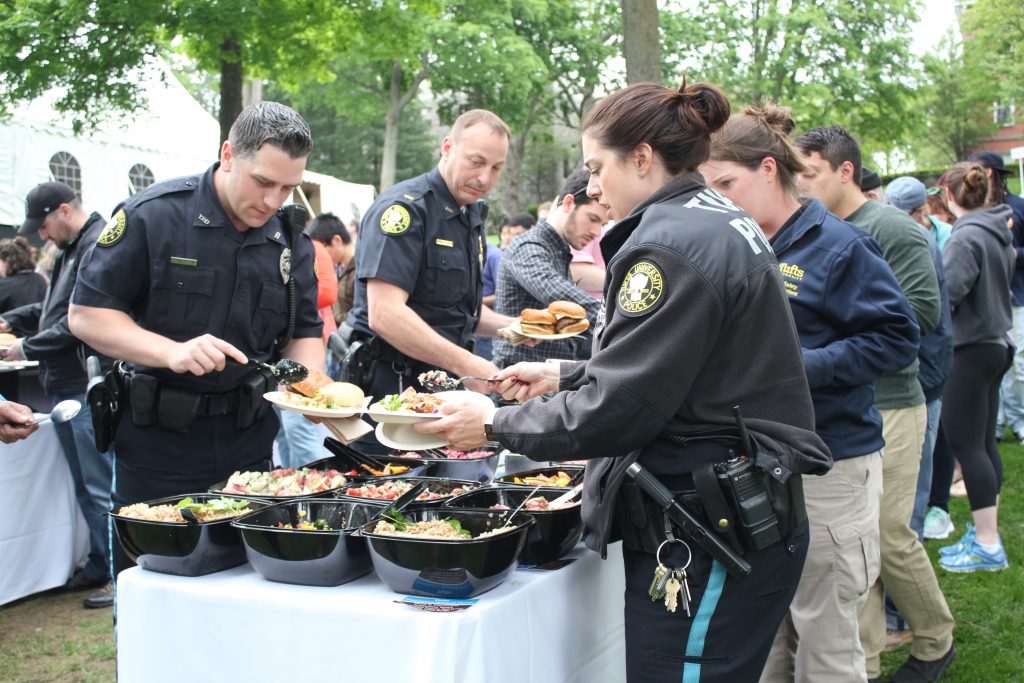

Find Us On Social Media!